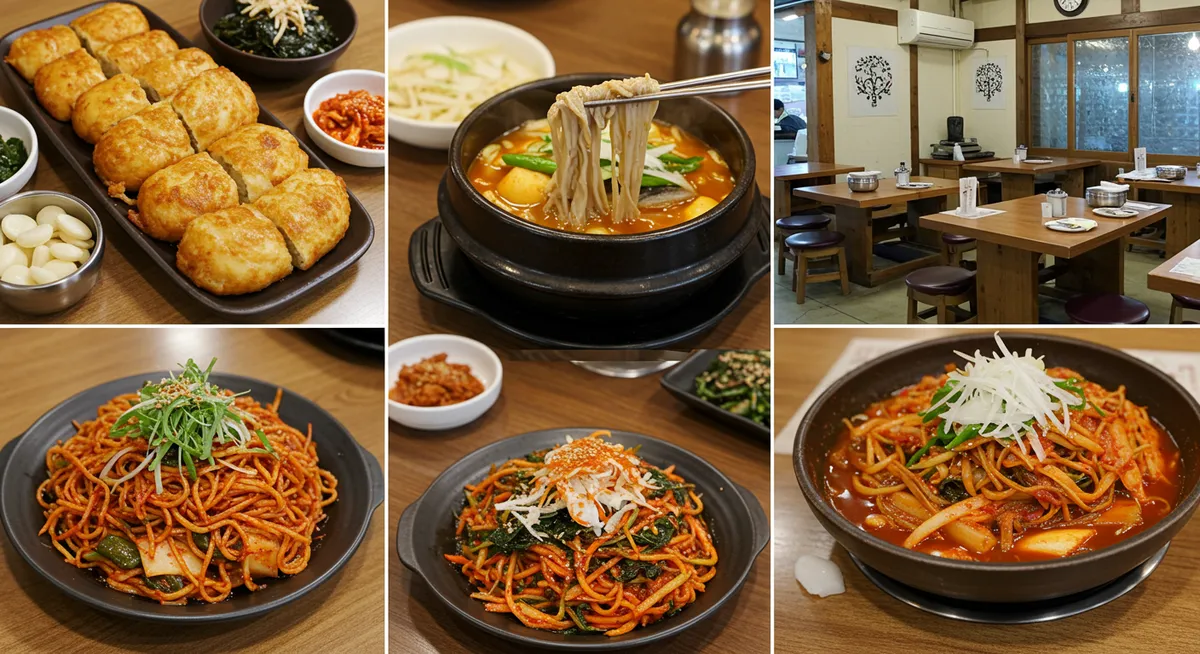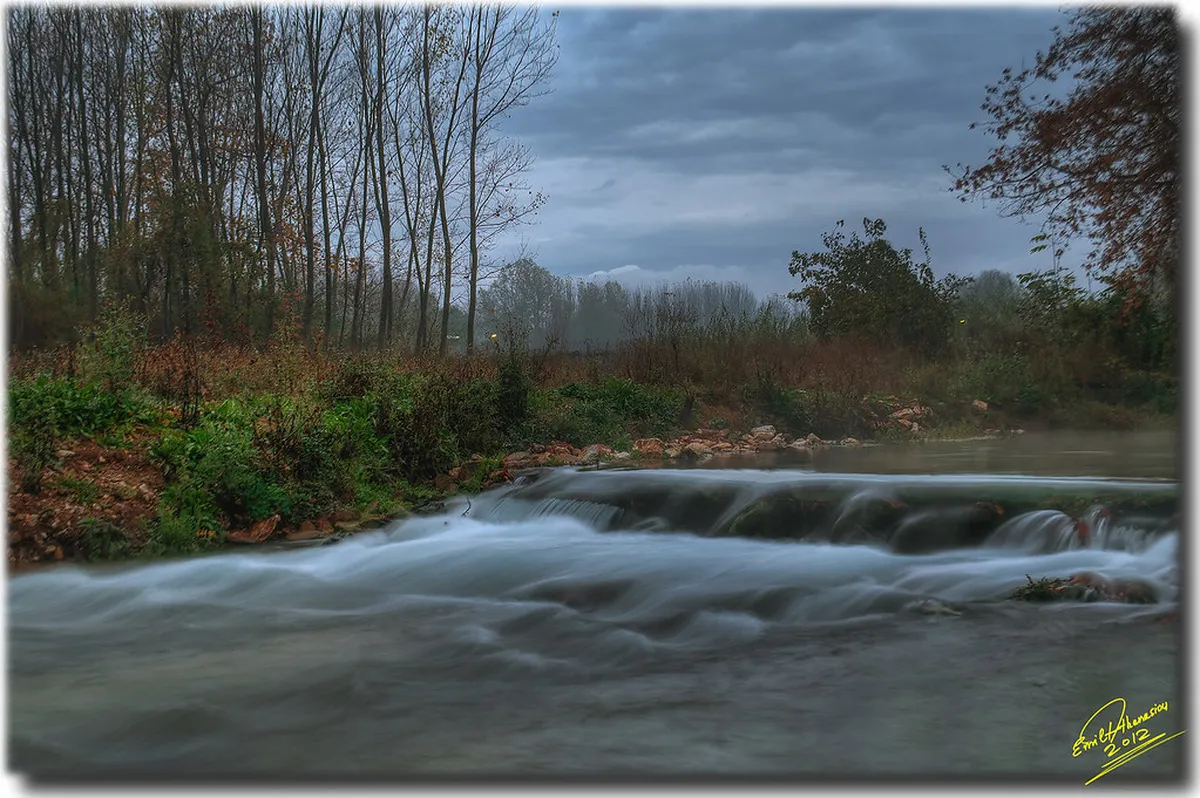A Culinary Journey Through Gyeongju: Your Essential Food Guide
As a passionate explorer of South Korea's hidden gems, I've always found that the true essence of a city lies within its local flavors. Gyeongju, the ancient capital of the Silla Kingdom, is not just a treasure trove of historical sites; it's also a surprisingly vibrant culinary destination. This Gyeongju food guide aims to unlock the gastronomic secrets of this UNESCO World Heritage city, inviting you to savor dishes that tell tales of centuries past. Prepare your taste buds for an unforgettable journey, from royal court cuisine to beloved street snacks. Enhance your Gyeongju experience with our Gyeongju itinerary. Create your ideal travel schedule with our Gyeongju itinerary.
Gyeongju's Signature Dishes You Must Try
When exploring Gyeongju, the local cuisine offers a profound connection to its heritage. My personal favorite is Ssambap, a vibrant meal where various leafy greens wrap around rice and grilled meats, accompanied by an array of savory banchan (side dishes). Another iconic delight is Hwangnam Ppang, Gyeongju's famous red bean paste bread, often a delightful souvenir. Don't miss the chance to sample Gyeongju Beopju, a traditional rice wine with a rich, smooth flavor, steeped in history. For those seeking a hearty meal, Gyeongju tteokgalbi (grilled short rib patties) presents a succulent and flavorful option, showcasing the region's culinary prowess. This Gyeongju food guide wouldn't be complete without highlighting these unique tastes, which you can easily integrate into your Gyeongju itinerary. Enhance your Gyeongju experience with our Gyeongju itinerary. Need extra inspiration for Gyeongju? Check Gyeongju Unique Cultural Workshops for insider ideas.
Top Spots for Authentic Local Cuisine
To truly immerse yourself in the city's flavors, knowing where to eat is key. Hwanglidan-gil, Gyeongju's trendy street, blends traditional hanok architecture with modern eateries, offering both classic dishes and contemporary twists. For a more traditional experience, visit Jungang Market, where local vendors serve up fresh produce and delectable street food like eomuk (fish cakes) and crispy bindaetteok (mung bean pancakes). My tip for an authentic Gyeongju food guide experience: look for smaller, family-run establishments tucked away from the main thoroughfares—they often serve the most genuine regional specialties. Consider checking out your Gyeongju 2-day itinerary to map out meal times effectively. Schedule your trip with our Gyeongju itinerary.
Sweet Treats & Traditional Korean Tea Houses
Beyond savory dishes, Gyeongju offers a delightful array of sweet experiences. Hwangnam Ppang is, of course, the reigning champion, but also seek out chapssaltteok (glutinous rice cakes) for a chewy, sweet indulgence. For a peaceful respite, Gyeongju's traditional tea houses provide a serene atmosphere to enjoy fragrant teas like omija-cha (magnolia berry tea) or sujeonggwa (cinnamon punch), often paired with delicate Korean confectioneries. These spots are perfect for unwinding after a day exploring Gyeongju's must-see attractions. I always make time for a tea house visit; it’s an essential part of understanding Korean culture.
Navigating Gyeongju's Food Scene like a Local
💡 Pro Tip: Book your Gyeongju adventures in advance through Viator for the best deals!
Mastering the Gyeongju food guide experience means embracing local customs. Don't be shy about asking for recommendations—a simple "masitneun geot juseyo?" (Please give me something delicious?) often works wonders! Many restaurants specialize, so focus on their signature dish. It's also helpful to note that some establishments, especially for large meals like Ssambap, often require a minimum of two people. For the freshest seasonal ingredients and vibrant local atmosphere, consider visiting Gyeongju during the autumn months, which is often considered the best time to visit Gyeongju for both sightseeing and food.
Frequently Asked Questions
What is the most famous food in Gyeongju?
Are there vegetarian options available in Gyeongju?
What are the typical meal times in Gyeongju?
Embarking on a culinary adventure through Gyeongju is as enriching as exploring its ancient temples. This Gyeongju food guide has highlighted the essential dishes, top eateries, and local insights needed to truly savor the region's flavors. From the iconic Hwangnam Ppang to the hearty Ssambap, each bite tells a story of tradition and taste. Don't just see Gyeongju; taste it. Plan your gastronomic journey today and experience the rich heritage of this remarkable Korean city through its unforgettable cuisine.



